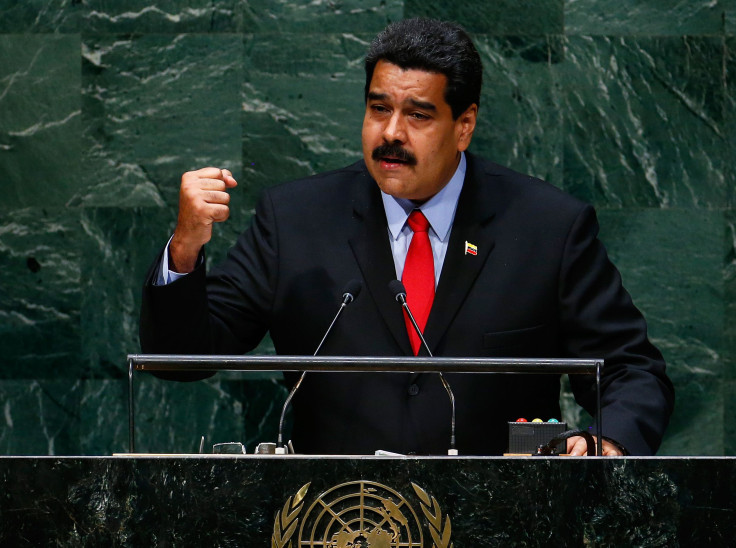Venezuela Wins Security Council Seat, Without US Opposition Campaign

Venezuela on Thursday finally achieved its longtime goal of a seat on the United Nations Security Council, managing to do so without an opposition campaign from its regional adversary, the United States. Venezuela may prove to be a thorn in the U.S.'s side during its two-year U.N. stint as a rotating member, but Latin American support for it seems to have diminished open U.S. hostility toward Venezuela's bid.
Thursday’s vote, with 181 votes for Venezuela, produced a starkly different outcome from the last time Venezuela reached for the Security Council seat. In 2006, the same year that Hugo Chavez famously took to the U.N. podium to call President George W. Bush “the devil,” the U.S. launched a campaign to throw Latin America’s votes behind Guatemala as an alternate candidate. The votes were split, and after 47 rounds of voting, Panama emerged as the compromise choice.
But now Chavez is gone, replaced by Nicolas Maduro after his death last year -- the only Chavez in the Venezuelan delegation is Hugo's daughter Maria Gabriela, known as a socialite and Instagram enthusiast but not for diplomacy, who now serves as Venezuela’s deputy ambassador to the United Nations.
Venezuela replaces Argentina as the Latin America representative on one of the 10 non-permanent Security Council seats; it will serve from 2015 to 2017. The 2006 impasse prompted the Latin America and Caribbean Group, known as GRULAC, to agree to support countries’ bids for Security Council seats in a certain rotating order. Venezuela’s turn came this year, and it received the full backing of its Latin American neighbors.
Analysts suspect that GRULAC’s support for Venezuela, as well as Venezuela's declining influence in the region amid economic troubles and Chavez's death, factored into the U.S.’s silence on the matter this time around. “Obama has decided that the potential damage of having Venezuela in the Security Council is less than the potential damage of attempting to block its candidacy,” said Juan Nagel, a Venezuelan blogger for Caracas Chronicles, which is critical of Nicolas Maduro’s administration, in a conversation with GlobalPost. Officials in the Obama administration "have understood that the Chavista economic model is not viable and want to let it sink of its own accord," Nagel added. Earlier this year, an unnamed U.S. congressional aide told Reuters that Washington officials were “resigned” to Venezuela getting the seat.
Still, Venezuela's entry, even though it will not have the veto power the five permanent members enjoy, means the U.S. will likely face additional opposition on issues like Russian moves in Ukraine, Syria’s civil war, Israeli-Palestinian tensions and Iran’s nuclear program.
That prompted some U.S. lawmakers to try and block Venezuela’s efforts. Last month, 14 members of the House of Representatives issued a letter to Secretary of State John Kerry and U.S. Ambassador to the U.N. Samantha Power to publicly speak out against Venezuela’s bid, saying Caracas would use the seat to “advocate for its allies like Syria, Iran and Cuba at a time when we need a united approach to confront these challenges.”
© Copyright IBTimes 2024. All rights reserved.






















